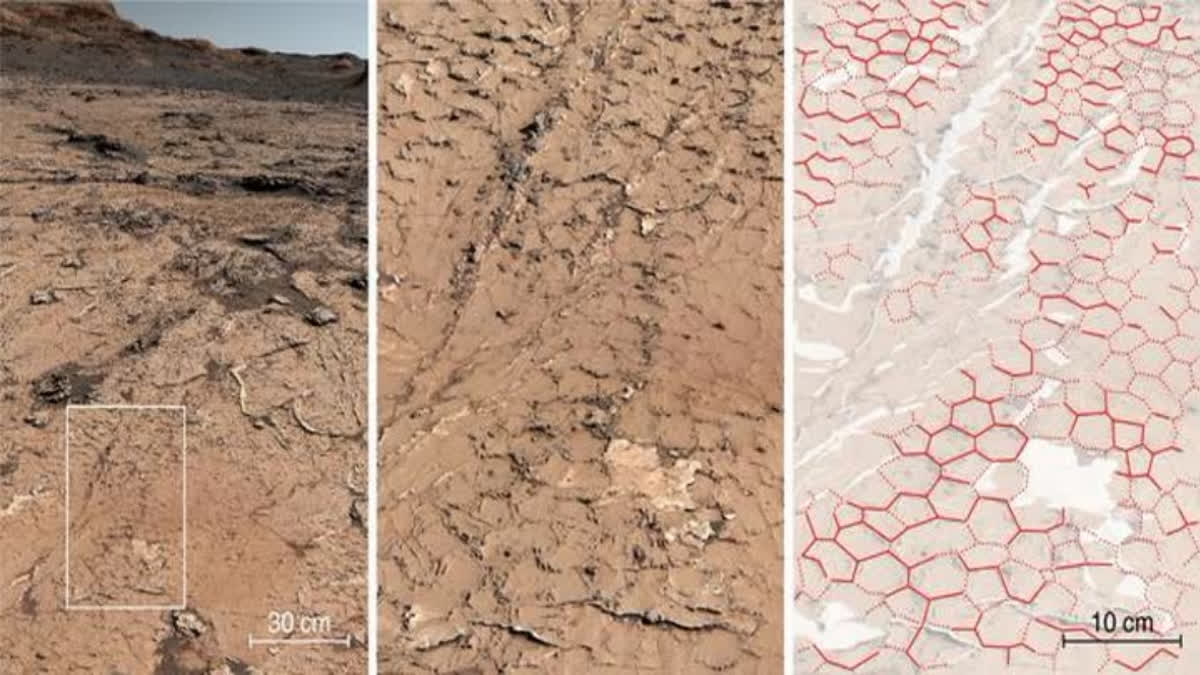New York: Scientists have developed a novel Artificial Intelligence-based method that can test for signs of past or present life on Mars and other planets.
In the journal ‘Proceedings of the National Academy of Sciences’ (PNAS), the team said their Artificial Intelligence (AI) -based method can distinguish modern and ancient biological samples from those of abiotic origin with 90 per cent accuracy.
"The search for extraterrestrial life remains one of the most tantalising endeavours in modern science," said lead author Jim Cleaves of the Earth and Planets Laboratory, Carnegie Institution for Science, Washington, DC.
"The implications of this new research are many, but there are three big takeaways: First, at some deep level, biochemistry differs from abiotic organic chemistry; second, we can look at Mars and ancient Earth samples to tell if they were once alive; and third, it is likely this new method could distinguish alternative biospheres from those of Earth, with significant implications for future astrobiology missions," Cleaves said.
The innovative analytical method does not rely simply on identifying a specific molecule or group of compounds in a sample.
Instead, the researchers demonstrated that AI can differentiate biotic from abiotic samples by detecting subtle differences within a sample's molecular patterns as revealed by pyrolysis gas chromatography analysis (which separates and identifies a sample's component parts), followed by mass spectrometry (which determines the molecular weights of those components).
